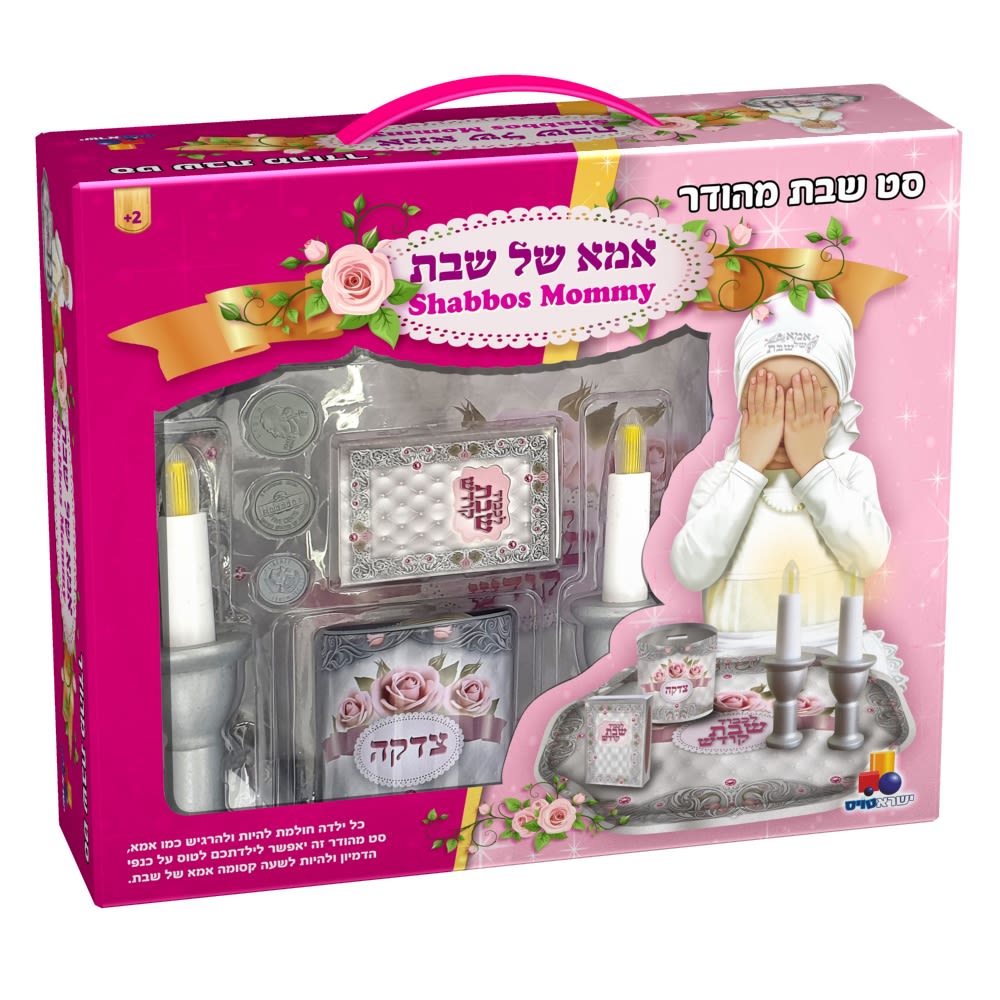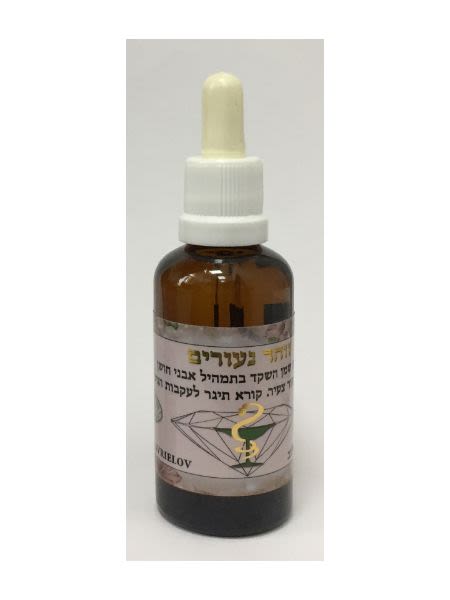
Emor: The Royal Garments
The Code of Jewish Law says specifically (Shulchan Oruch, Orach Chaim 98:4) that prayer is a substitute for ritual sacrifices...

"Any blemished individual shall not approach to perform the sacrifice" (Vayikra 21:17).
The Code of Jewish Law says specifically (Shulchan Oruch, Orach Chaim 98:4) that prayer is a substitute for ritual sacrifices in absence of the holy tabernacle. Therefore, the same criteria required for the sacrifices are also required for prayer.
Rebbe Nachman of Breslev (Likutei Moharan I:14h) cites the Zohar (Yitro, 79) that stipulates, "In a place where one finds the fear of Hashem, one finds perfection." Inversely, a place with no fear of Hashem is blemished. Rebbe Nachman therefore concludes that unblemished prayer requires the fear of Hashem, just as an unblemished sacrifice requires the fear of Hashem.
A person might wonder why the fear of Hashem is so vital for prayer. Doesn't Hashem hear a person's prayers whether he or she fears Him or not? So what if the prayer has a little blemish on it! What's the fuss if the prayer isn't 100% perfect? The following parable will help us understand, with Hashem's loving guidance:
The royal ball was held every year on the eve of the King's birthday. This was a grand event, attended by the leading dignitaries and bluebloods of the civilized world. Representatives of the media from every corner of the globe arrived to cover the regal affair.
Months ahead of time, the Queen began her preparations. She personally chose the exquisite hand-tailored gowns that her daughters would wear, from hundreds of samples. Most of the Queen's time was consumed in meetings with the various representatives of the best-known fashion designers who vied for the honor of outfitting the Queen's daughters. The competition was fierce, for the Queen would choose the highest possible quality at the most reasonable price.
Barazanoff was a fast-talking, cigar-smoking, and vodka-drinking fashion designer and manufacturer who had been trying to stick his foot in the castle door for years, but to no avail. Ultimately, he deposited a few gold rubles in the right pockets and gained an audience with the Queen.
Barazanoff displayed his wears before the Queen. "Have a look, Your Majesty. Ceylonese silk, Belgian lace, Armenian velvet – it's all here in your choice of colors. My whites are whiter than the heavenly gates, and my satins shimmer like the harvest moon on a clear October night. My tailors are descendants of the Yang Dynasty royal outfitters. Yet, I'll not only top the competitions' quality, I'll undercut any price by at least 20% !
The Queen raised an incredulous brow. Barazanoff sounded blatantly boastful; nevertheless, he succeeded in arousing her curiosity. "I'll tell you what," she told Barazanoff, picking up a sample of a high-necked turquoise Manchurian silk gown, "I shall order twelve of these for my handmaidens. If I find the quality as excellent as you promise, I'll place an additional order for my daughters' gowns. If they too shall meet my standards, you will be invited to design and sew my royal gown!" They agreed on a price, and a representative of the royal Chancellor of the Exchequer placed a pouch of gold talons in Barazanoff's readily outstretched hand as a down payment.
In a fortnight, Barazanoff returned to the palace with the twelve gowns for the handmaidens. The Queen inspected the wares and found them quite satisfactory, especially in light of the reasonable price she paid. Barazanoff barely concealed his glee. "What about the princesses, Your Majesty? Wouldn't the white Armenian velvet with the Siberian sable trim be perfect for your daughters?" The Queen nodded, consenting to the offered price.
As with the previous order, Barazanoff arrived on time with the goods. This time, he received a rude awakening: Twenty different people pounced on the gowns intended for the princesses, and began examining every single stitch.
"Who are these people?!?" protested the flustered Barazanoff, his face a flushing crimson.
"These are the kingdom's foremost tailors and garment experts," replied the Queen. "What, did you think I'd accept your goods and then fill your pockets with gold without inspecting the wares?"
"Your Majesty," declared one expert, "the fir trim on this gown is not Siberian sable – it's domestic rabbit!"
"Your Majesty," cried another tailor, "this seam lacks an overlock! It could easily fray in the middle of the ball!"
The Queen's experts discovered more blemishes. Exasperated, the Queen called the guards and instructed them to escort Barazanoff and his faulty garments out the palace gate. As a burly Sergeant of the Guard grabbed Barazanoff's arm, the merchant blurted, "Your Majesty, I don't understand. The quality is just as good as the last gowns I made for your maidservants. You yourself inspected them and approved them. What did you have to bring these twenty inspectors for?"
"Silly Barazanoff, if I were as stupid as you think I am, would I be Queen? I'm fully aware of the mediocre quality that you prepared for my handmaidens; for the price, it was an attractive buy. Yet, you were receiving double the price for each of my daughter's gowns; the daughters of the King and Queen undergo the scrutiny of every photographer in the Kingdom, whereas no one looks twice at my handmaidens. You should have taken that into account; now take your goods and leave, before you are thrown out of here!"
Other nations resemble the handmaidens – they don't have to be perfect. Yet, Jewish souls are known as the daughters of the Queen – Hashem's presence, the holy Shechina. Prayers are the royal garments of the Queen's children – they therefore must be unblemished, because they undergo close scrutiny before they can appear before Hashem, the King of Kings. The more we strive for yir'as shamayim – the fear of Hashem – and incorporate it into everything we do, the more our prayers become worthy offerings to Hashem. May Hashem accept all of our prayers, amen.











Tell us what you think!
Thank you for your comment!
It will be published after approval by the Editor.